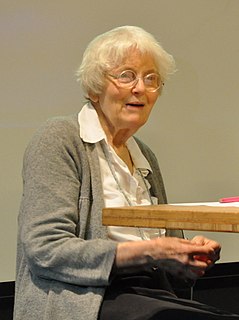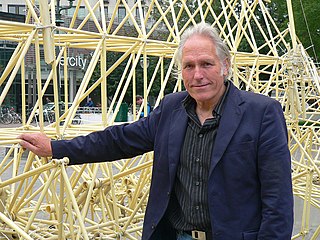A Quote by Douglas Coupland
STRANGELOVE REPRODUCTION: Having children to make up for the fact that one no longer believes in the future.
Related Quotes
[Children are] like talking animals. Their consciousness is so different from ours that they constitute a different species. They don't have to be particularly interesting children; just the fact that they are children is sufficient. They don't know what anything is, so they have to make it up. No matter how dull they are, they still have to figure things out for themselves.
...our societies appear to be intent on immediate consumption rather than on investment for the future. We are piling up enormous debts and exploiting the natural environment in a manner which suggests that we have no real sense of any worthwhile future. Just as a society which believes in the future saves in the present in order to invest in the future, so a society without belief spends everything now and piles up debts for future generations to settle. "Spend now and someone else will pay later."
In no sense other than an utterly trivial one is reproduction the inverse of chemical disintegration. It is a misunderstanding of genetics to suppose that reproduction is only 'intended' to make facsimiles, for parasexual processes of genetical exchange are to be found in the simplest living things.






































